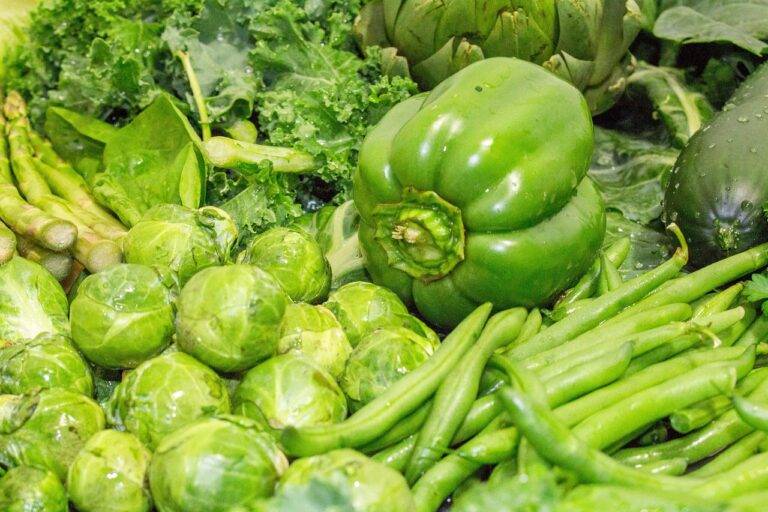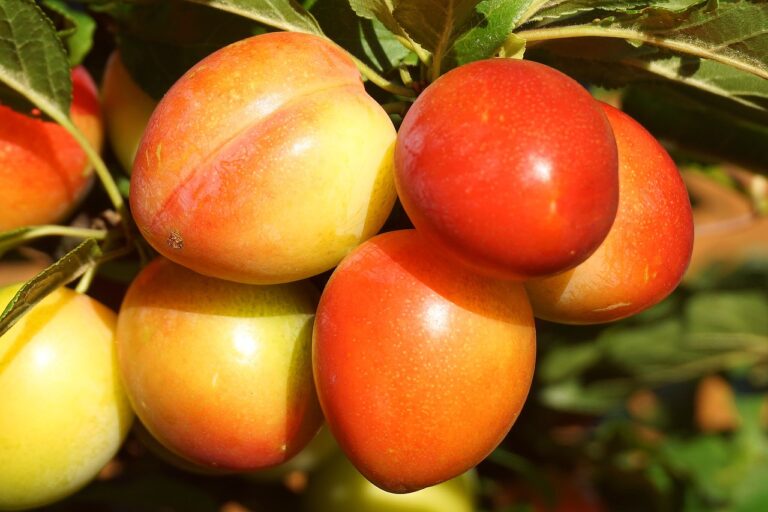Sustainable Agriculture: Exploring Eco-Friendly Farming Practices
Sustainable agriculture is a holistic approach to farming that aims to preserve the environment, support local communities, and maintain the long-term health of the land. It involves practices that promote biodiversity, conserve water and soil, and minimize the use of synthetic chemicals. By focusing on sustainable methods, farmers can ensure that their operations are economically viable, socially responsible, and environmentally sound.
The core principles of sustainable agriculture include using natural resources efficiently, promoting animal welfare, and fostering relationships between farmers and consumers. It also involves integrating traditional knowledge with modern techniques to create a balanced system that benefits both people and the planet. Overall, sustainable agriculture seeks to create a harmonious relationship between food production, nature, and society for the betterment of current and future generations.
History of Sustainable Farming Practices
Sustainable farming practices have a rich historical background, dating back to ancient civilizations that understood the importance of preserving the land for future generations. Indigenous communities around the world practiced sustainable agriculture by utilizing traditional methods that promoted soil health and biodiversity. These early farmers recognized the interconnectedness of ecosystems and prioritized practices that maintained the balance of nature.
Throughout history, sustainable farming techniques evolved as societies adapted to changing environmental conditions and agricultural advancements. In the 19th and 20th centuries, agricultural pioneers like Sir Albert Howard and Lady Eve Balfour advocated for organic farming methods that focused on maintaining soil fertility without the use of synthetic inputs. Their work laid the foundation for modern sustainable farming practices that prioritize environmental stewardship and long-term sustainability.
Benefits of Eco-Friendly Farming
Eco-friendly farming practices offer a myriad of benefits to both the environment and farmers themselves. By adopting sustainable methods such as crop rotation, organic fertilizers, and integrated pest management, farmers can improve soil health and fertility over time, resulting in better crop yields and long-term productivity. Moreover, eco-friendly farming reduces reliance on synthetic pesticides and fertilizers, leading to safer food products for consumers and decreased chemical runoff into water sources.
In addition to the environmental advantages, eco-friendly farming can also benefit farmers economically. By reducing input costs associated with chemical fertilizers and pesticides, farmers can potentially increase their profits. Sustainable farming practices can also open up new marketing opportunities, as consumers are increasingly seeking out products that are grown in an environmentally responsible manner. Overall, the adoption of eco-friendly farming methods can lead to a more sustainable and resilient agricultural system that benefits both farmers and the planet.
• Eco-friendly farming practices such as crop rotation and organic fertilizers improve soil health and fertility
• Reduction in synthetic pesticides and fertilizers leads to safer food products for consumers
• Decreased chemical runoff into water sources benefits the environment
• Economic benefits for farmers include reduced input costs and potential increase in profits
• Sustainable farming practices open up new marketing opportunities for environmentally responsible products
What is sustainable agriculture?
Sustainable agriculture, also known as eco-friendly farming, is a method of farming that focuses on preserving the environment, maintaining economic viability, and promoting social responsibility.
Can you provide some examples of sustainable farming practices?
Yes, examples of sustainable farming practices include crop rotation, integrated pest management, organic farming, and water conservation techniques.
How long has sustainable farming been practiced?
Sustainable farming practices have been in use for centuries, with ancient civilizations like the Mayans and Aztecs implementing techniques such as terracing and water management to sustain their agriculture.
What are some of the benefits of eco-friendly farming?
Some benefits of eco-friendly farming include improved soil health, reduced environmental impact, increased biodiversity, and healthier food for consumers.
How can I implement sustainable agriculture practices on my farm?
You can start by implementing techniques such as crop rotation, using organic fertilizers, and reducing water usage. Additionally, seeking guidance from agricultural experts or joining farming organizations focused on sustainability can also help.







